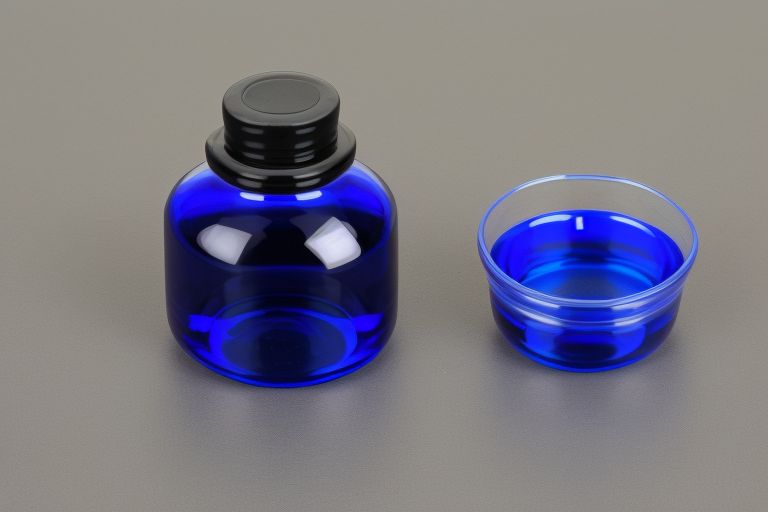Mitochondrial health is crucial for overall well-being because mitochondria play a central role in energy production, cellular function, and various physiological processes. Here are several reasons highlighting the importance of mitochondrial health:
- Energy Production:
- Mitochondria are often referred to as the “powerhouses” of the cell because they generate the majority of the cell’s supply of adenosine triphosphate (ATP), which serves as the primary source of energy for cellular activities. Efficient energy production is essential for sustaining life and supporting the functions of all tissues and organs.
- Cellular Respiration:
- Mitochondria are key players in cellular respiration, the process through which cells convert nutrients, primarily glucose, into energy. This aerobic respiration process occurs in the mitochondria and involves the electron transport chain and oxidative phosphorylation.
- Metabolism Regulation:
- Mitochondria play a critical role in regulating metabolism. They are involved in the breakdown of fatty acids, amino acids, and other molecules to produce energy. Proper mitochondrial function is essential for maintaining metabolic homeostasis.
- Cell Signaling:
- Mitochondria participate in cellular signaling pathways, influencing processes such as apoptosis (programmed cell death), which is crucial for maintaining tissue and organ integrity.
- Calcium Regulation:
- Mitochondria help regulate calcium levels within cells. Proper calcium balance is essential for various cellular processes, including muscle contraction, neurotransmitter release, and gene expression.
- Redox Balance:
- Mitochondria are involved in maintaining the balance of reactive oxygen species (ROS), which are natural byproducts of cellular metabolism. Mitochondrial dysfunction can lead to an imbalance in ROS production, contributing to oxidative stress and cellular damage.
- Neurological Function:
- The brain is highly energy-dependent, and mitochondrial health is critical for proper neurological function. Mitochondrial dysfunction has been implicated in various neurodegenerative disorders, and maintaining mitochondrial health is important for cognitive health.
- Immune System Support:
- Mitochondria contribute to immune cell function and play a role in the inflammatory response. Proper mitochondrial function is crucial for maintaining a well-regulated immune system.
- Aging and Longevity:
- Mitochondrial health is linked to the aging process. Mitochondrial dysfunction has been associated with age-related decline and various age-related diseases. Strategies to support mitochondrial health may contribute to healthy aging.
- Exercise Performance:
- Mitochondrial density and function in muscle cells are essential for endurance and exercise performance. Regular physical activity can stimulate mitochondrial biogenesis, enhancing overall mitochondrial health.
Maintaining mitochondrial health is essential for the optimal functioning of cells, tissues, and organs throughout the body. Lifestyle factors such as a balanced diet, regular exercise, and adequate sleep can positively influence mitochondrial function and support overall health. Additionally, certain nutrients and antioxidants may play a role in promoting mitochondrial health.
Methylene Blue
It’s important to note that the field of study is dynamic, but there are data emerging suggesting a widely available health supplement, Methylene Blue, may provide a positive impact on mitochondrial health.
- Enhanced Mitochondrial Function:
- Methylene blue has been investigated for its potential to enhance mitochondrial function. A study published in the journal “Cell Metabolism” (2016) suggested that methylene blue can stimulate mitochondrial respiration and improve energy production in cells. The study indicated that methylene blue acts as an electron cycler, facilitating electron transport in the mitochondrial respiratory chain.
- Reference: Duicu O, et al. (2016). Methylene blue improves mitochondrial respiration and decreases oxidative stress in a substrate-dependent manner in diabetic rat hearts. Cell Metabolism, 23(2), 379-390.
- Neuroprotective Effects:
- Methylene blue has been explored for its potential neuroprotective effects, and some of these effects are linked to its impact on mitochondrial function. A study published in the “Journal of Neurochemistry” (2017) suggested that methylene blue may protect against mitochondrial dysfunction and oxidative stress in the context of neurodegenerative diseases.
- Reference: Rojas JC, et al. (2017). Methylene blue provides behavioral and metabolic neuroprotection against optic neuropathy. Journal of Neurochemistry, 143(2), 186-197.
- Anti-Aging Properties:
- Some studies have investigated the potential anti-aging properties of methylene blue, including its effects on mitochondrial function. A study published in “Antioxidants & Redox Signaling” (2014) proposed that methylene blue may have anti-aging effects by improving mitochondrial function and reducing oxidative stress.
- Reference: Atamna H, et al. (2014). Methylene blue delays cellular senescence and enhances key mitochondrial biochemical pathways. FASEB Journal, 28(12), 5396-5407.
It’s essential to interpret these findings cautiously, as research on methylene blue and mitochondrial health is still evolving. Additionally, the concentrations and conditions under which methylene blue is administered may impact its effects. If you are considering the use of methylene blue for health purposes, it’s advisable to consult with a healthcare professional, as self-administration may have unintended effects or interactions.



